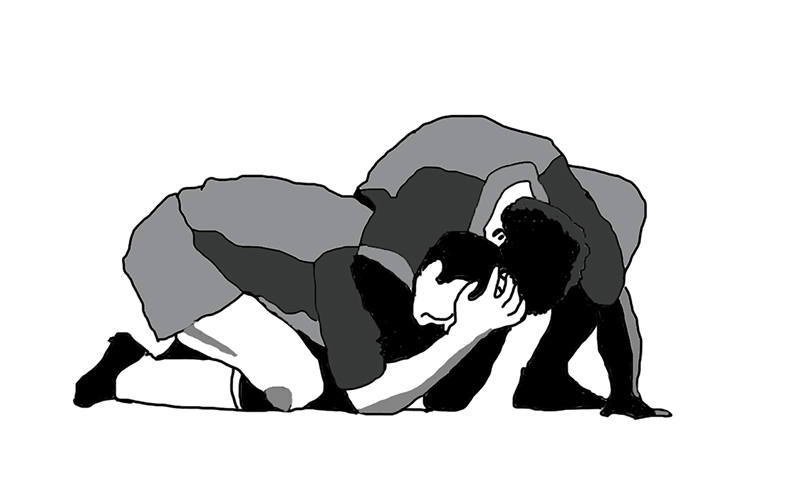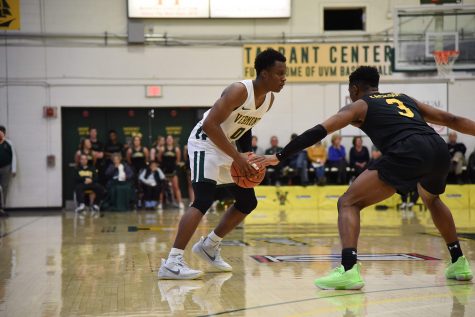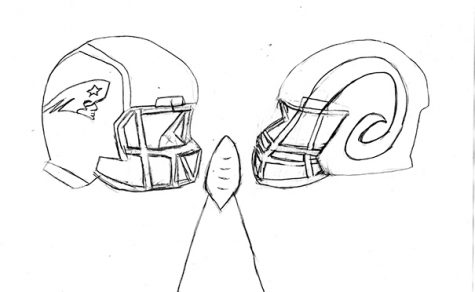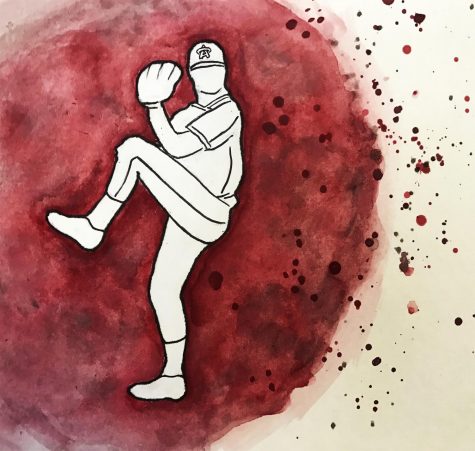U.S. soccer still has work to do
November 11, 2017
Soccer has yet a long way to go in the U.S., and the men’s national team failing to qualify for the 2018 World Cup is all the proof you need for that.
The U.S. finished fifth in a group of six teams in the final round of North and Central American qualifying after losing in the final game to Trinidad and Tobago, an island with a population of just over 1.3 million.
This was the first time since 1986 that the national team has failed to qualify for the World Cup.
Losses to Mexico and Costa Rica at the end of 2016 were seen as just blips in form for the national team, but they were enough to get then head coach Jurgen Klinsmann fired.
Bruce Arena, who managed the team from 1998 to 2006, was appointed to restore the confidence of the team and get them back on track.
However, all Arena was able to do was win three home games over the course of qualifying, while failing to get a single win on the road.
The individual talent of Christian Pulisic, and later on Bobby Wood, was enough to rack up enough points to stay in the race until the end, but the lack of a deeper tactical understanding of the game as a team showed time and time again.
Despite the underwhelming campaign that the national team mustered, it all came down to the last game, a trip to an already eliminated Trinidad and Tobago.
Somehow, the U.S. managed to lose that game, allowing both Panama and Honduras to surpass them in the table.
However, the problem is not an away loss at Trinidad and Tobago. Sometimes, bigger teams lose to inferior teams, and that is okay.
The problem is in the soccer culture in this country. Taking a quick look at the roster, one will notice that the best players, Christian Pulisic, Bobby Wood, DeAndre Yedlin, all play their soccer in Europe.
But there aren’t enough players willing to relocate to Europe for the greater good in the long term.
Former U.S. player Jermaine Jones talked about this shortly after the defeat to Trinidad and Tobago, recalling the time when U.S. forward Jordan Morris declined the opportunity to join German club Werder Bremen, instead opting for the comfort of Major League Soccer side Seattle Sounders.
Jones said that Morris had told him that he chose to stay in the U.S., because he wanted to be close to his family, his girlfriend, and their dog.
While the MLS is growing, it is obvious to soccer fans around the world that the level of soccer in Europe is much higher than it is here.
Players need to get out of their comfort zone and try their luck in Europe, like Pulisic has done.
That is only the first step of the transformation that soccer in the U.S. needs. There is a lot of catching up to do, not only in terms of quality, but also in the way we see soccer and the effort we put into the development of players.













